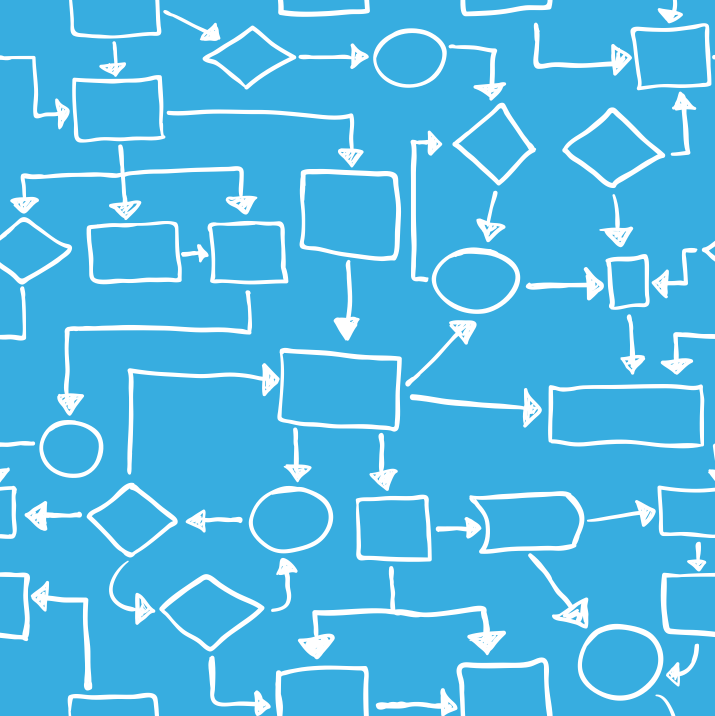 When it comes to measuring impact it can be daunting to work out what's tangible and practical to do. You need to be able to think through how your work touches the lives of individuals and the community, and then focus in on measuring what will give you the biggest benefit. This is evidence that would help you fine tune your programs, as well as pieces of information that can support what you communicate.
When it comes to measuring impact it can be daunting to work out what's tangible and practical to do. You need to be able to think through how your work touches the lives of individuals and the community, and then focus in on measuring what will give you the biggest benefit. This is evidence that would help you fine tune your programs, as well as pieces of information that can support what you communicate.
Asking simply 'what you want to know and show' about your impact is a great way to get at what's important. There are also some other simple exercises that can go further to tease out why you matter. Chose the one(s) that fit for your organization.You can:
- Brainstorm how you matter by asking: "What would happen if you disappeared? Who would be affected and how?"
- Think about your desired impact in terms of what you EXPECT to see, HOPE to see, LOVE to see. This can set you up to track small but important changes, as well as significant changes that may take more time to materialize.
- Identify the different sets of people that benefit from your work, and identify how they may be affected. For example, if you work with individuals who are facing barrier to employment, 'sets' of people could include the individuals who face barriers, the business community, and the health care/socal service community. Each are affected in different ways.
- Identify your outcomes and how they relate to your activities in formal mapping exercises like the logic model and theory of change. Warning: this can get messy. To make it more manageable, try starting with a single program or activity that you do.
Regardless of your technique, you'll come up with list of the ways that you make a difference in the community. You then have to figuring out what to measure, and its important to take the time to identify what's practical as well as important. Often we want to be able to show far reaching impacts, but in practice measuring these with any degree of rigour involves significant budgets, processes and expertise. With far reaching impacts, it also important to acknowledge that you contribute to these impacts along with other factors at work.
If you have a hard time prioritizing what to measure, consider:
- What is of most benefit to gather? Are there things that are logical to do first? Are there things that would be nice to have, but are not critical? Often data collection that is meaningful and useful to frontline workers as well as management will have the biggest chance of success.
- How much effort will it take to develop this data? Do you have a mechanism already in place, or can you develop one easily? What are the time and skills required collect, manage, and analyze the information? Will gathering these data be seen as intrusive by participants? Are you trained in the method, or will you need help from an outside consultant?
blog type:
Issues & Ideas
Tools
